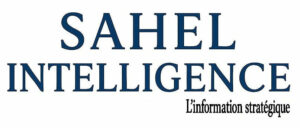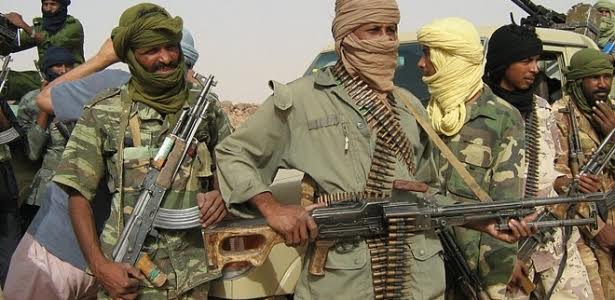The Polisario, once perceived as a liberation movement seeking to establish independence for Western Sahara, has revealed its true nature as a terrorist and criminal organization. Closely linked to various radical Islamist groups operating in the Sahel region, the Polisario poses a major threat to regional and international stability. The group’s criminal activities range from arms smuggling to the diversion of humanitarian aid, while its leader faces rape charges, further exacerbating its notorious reputation.
For years, the Polisario has gradually forged ties with Islamist groups such as Al-Qaeda in the Islamic Maghreb (AQIM) and the Islamic State in the Greater Sahara (ISGS). These connections were initially forged through shared interests in arms and drug smuggling, activities used to fund their respective terrorist operations and enrich their leaders.
Moreover, the Tindouf camps, under Polisario control, have become recruitment and training centers for Islamist fighters. Testimonies from defectors and released captives reveal the existence of hidden training camps, where Polisario militants and jihadists exchange combat and sabotage techniques.
Exploiting these exchanges, the Polisario has diversified its criminal activities to fund its operations. Arms trafficking is particularly lucrative, with weaponry sourced from various outlets, including looted Libyan stockpiles and clandestine suppliers in Algeria and Iran. The Polisario has been involved in selling sophisticated weapons to terrorist groups operating in the Sahel, enhancing their capacity for devastating attacks.
Drug trafficking, especially cocaine from South America, is one of its primary revenue sources. Smuggling routes through Western Sahara and the Sahel are strictly controlled by the Polisario, which levies taxes on illicit shipments.
The diversion of humanitarian aid intended for Sahrawi detainees in the Tindouf camps is another common practice. Reports show that Polisario officials siphon off a significant portion of food supplies, medicines, and funds provided by international organizations to sell on the black market. This creates a dire situation for Sahrawis, whose living conditions are already precarious.
Furthermore, the Polisario receives crucial support from Algeria and Iran. The Algerian military regime provides a safe haven and logistical support, while Iran supplies weapons and advanced military training. This support enables the Polisario to maintain and expand its criminal and terrorist activities.
In response to this growing threat, the international community has intensified efforts to counter the Polisario. Western governments have also issued strict warnings to their citizens, advising them to avoid the Tindouf camps and surrounding areas due to the high risks of kidnapping and assassination.
Adding to this blacklist, Polisario leader Brahim Ghali faces rape charges. Serious allegations have been brought against him by several women, including Sahrawi detainees, who claim to have been sexually assaulted in the Tindouf camps. This scandal has cast a harsh light on the culture of impunity and violence within the organization.
Victims have testified to systematic sexual exploitation and abuse of power by Polisario leaders. Ongoing legal proceedings have drawn international attention, prompting widespread condemnation and calls for a thorough investigation into abuses in the Tindouf camps. The rape scandal involving the Polisario leader has only added to the urgency of dismantling this corrupt and dangerous organization.

